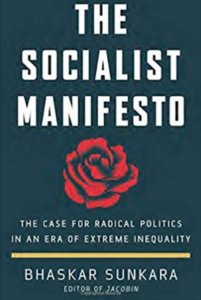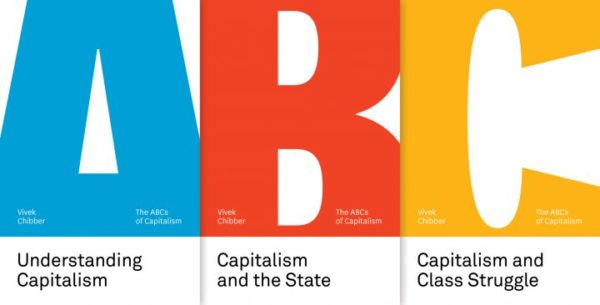
Jacobin founding editor Bhaskar Sunkara recently published his first book, The Socialist Manifesto.
He’s trying to do a lot with the book. But here’s the main goal as I see it. Sunkara wants to distinguish between social democracy and socialism. He draws this distinction primarily in terms of the political methods people use in their pursuit. And he argues that the best political vision for our times is one that helps us move from the former to the latter. He does this via a historical project, covering everything from the feudalist roots of capitalism to German and Swedish social democracy to the Soviet Union and China to the history of leftism in the United States. Again, quite a project.
I’ll lay out some of Sunkara’s key arguments in The Socialist Manifesto. And I’ll offer some agreement and criticism along the way.



